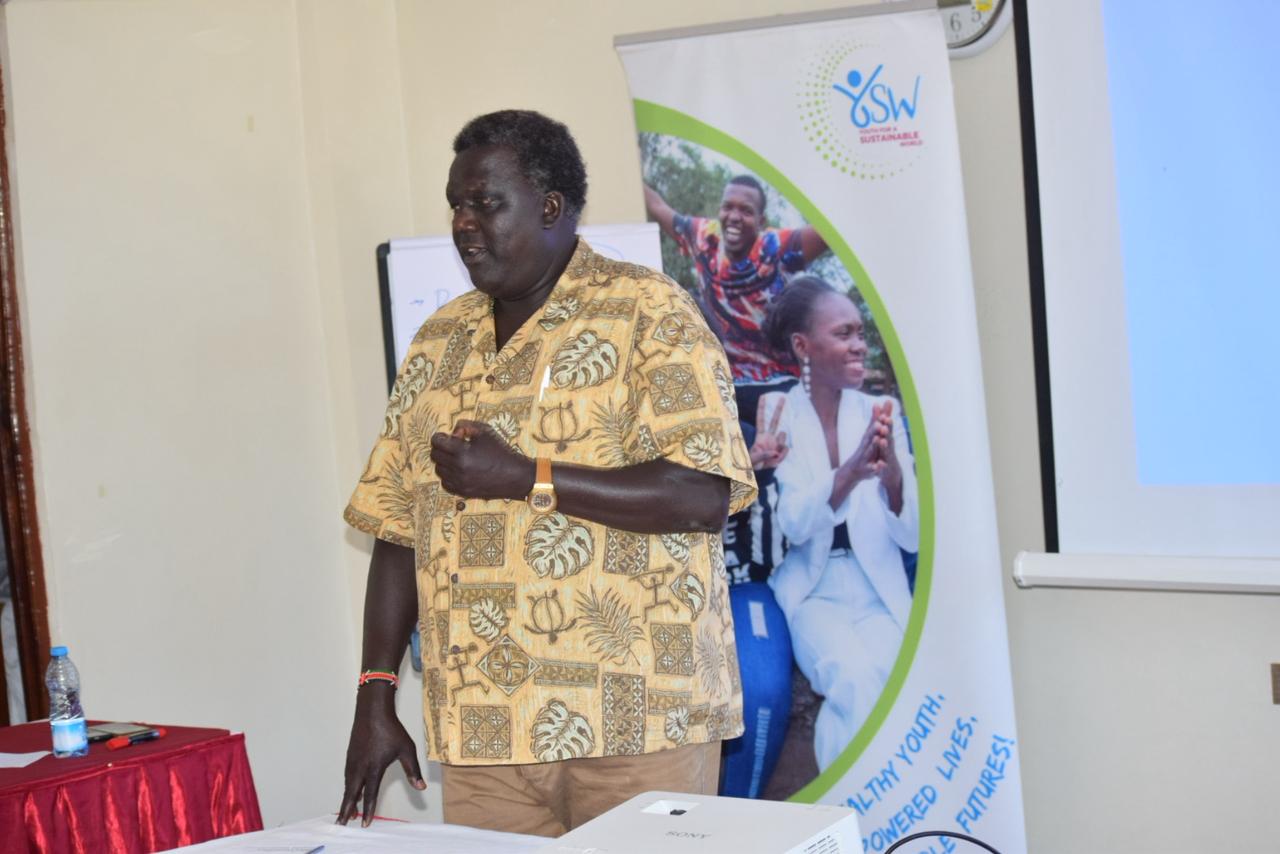There is a good reason He is called God of grace. God’s grace is sufficient. God’s grace is God’s undeserved favor, kindness and benevolent action towards humanity, freely given and not earned through merit or works.
The recent video showing a senior member of the Franciscan Sisters of St. Joseph (FSJ), also known as the Asumbi Sisters, physically assaulting a younger Sister at St. John’s Rakwaro Minor Seminary in Homa Bay Diocese has unsettled Kenya’s Catholic community. The clip, which quickly spread on social media, captured the young Sister’s voice crying, “Why are you beating me, Sister?” as the older nun struck her repeatedly. In a statement, FSJ Superior General Sr. Mary Goretty Ochieng described the act as “deeply regrettable” and confirmed that the congregation had begun a process to address it. I would urge the Catholic Church to proceed with caution.
The images and sounds are painful. Many who watched the clip reacted with shock, anger, and condemnation of the elderly Sister. Their outrage is understandable – violence, especially within religious life, cannot be excused. Yet the Church is now faced with a profound choice: to treat this incident purely as a scandal or to see it as a moment of grace, a chance for honesty, reflection and renewal.
The Gospel of John 8:1–12 offers a powerful lens. In that passage, the religious leaders drag before Jesus a woman caught in adultery. She is humiliated in public, exposed before the crowd and condemned by law. The mob demands that Jesus affirm her punishment. But Jesus, instead of joining the chorus of condemnation, disarms the crowd with a challenge: “Let the one without sin cast the first stone.” One by one, the accusers melt away. Then, turning to the woman, Jesus restores her dignity with words of mercy: “Neither do I condemn you. Go, and sin no more.” Someone say Hallelujah.
ALSO READ:
Kisii parents cry out to CS Ogamba to intervene on principals sending children home for fees
This biblical story of the adultorous woman resonates with the Homa Bay incident. The viral video, much like the public square in John’s Gospel, has placed the two Sisters before the world, stripped of privacy and subjected to judgment. The immediate instinct of many has been to condemn the older Sister without hesitation. But the Gospel warns us against reducing people to their worst moments. Just as Jesus refused to define the adulterous woman by her sin, the Catholic Church is called not to reduce either of these Sisters to this painful altercation.
The younger Sister deserves justice, healing, and support. Her pain is real, her cry unforgettable. She must be protected, respected and empowered to continue her vocation without fear or stigma. At the same time, the elderly Sister, though guilty of wrongdoing, is still a human being in need of compassion, correction and renewal. She must be held accountable, but not discarded. The Catholic instinct should be not to condemn her to permanent shame, but to help her face her failure honestly and journey toward reconciliation.
This is the heart of the matter: lifting the veil of the convent is not about throwing stones but about seeking light. The veil has often symbolized holiness and separation from the world, but it has also shielded convent life from scrutiny. Many imagine that Sisters live in perpetual harmony, untouched by ordinary human weakness. Yet the reality is different. Community life brings together women of diverse backgrounds, temperaments, and struggles. Under the weight of obedience, discipline, and limited outlets for frustration, conflicts can simmer. When they are not addressed with healthy dialogue and pastoral support, they can erupt in destructive ways.
The Homa Bay incident exposes this hidden reality. It challenges the Church to create structures of transparency, accountability, and healing within religious life. Safeguarding mechanisms must extend not only to schools and parishes but also to convents. Sisters need access to counseling, spiritual direction, and conflict resolution training. They need safe channels for reporting abuse and mistreatment without fear of retaliation. Protecting the dignity of women religious is as essential as protecting children and vulnerable adults.
ALSO READ:
Isiolo’s Shambani Junior School where hunger robs learners academic discovery
At the same time, this incident is an invitation to the Catholic faithful to grow in maturity. Too often, believers hold an idealized image of nuns as flawless angels in habits. That illusion is comforting, but it is also dangerous. When Sisters are idolized rather than supported, their humanity is ignored and their struggles go unseen. The faithful must learn to love and respect Sisters not as perfect beings but as women striving for holiness amid human weakness. To pray for them is not to assume their lives are easy but to intercede for strength, peace, and resilience in the face of challenges.
Seeing the Homa Bay case through John 8 reframes it from scandal to grace. Grace because it forces us to see the humanity within the convent. Grace because it pushes the Church toward reform and transparency. Grace because it calls us to imitate Christ, who combined truth with mercy. Grace because it reminds us that holiness is not the absence of sin but the courage to rise after failure.
The Asumbi Sisters must therefore not be judged by this incident alone. They have served the Church in Kenya faithfully for decades, in schools, hospitals and parishes. Their contribution remains invaluable. This painful moment should not erase their witness but deepen it, calling them to embody even more the Franciscan spirit of humility, peace and compassion.
For the wider Church, the message is clear: scandals are inevitable where human beings gather, but what matters is how we respond. We can choose to throw stones, to cover up in fear or to open ourselves to grace. To condemn without mercy is to betray the Gospel. To ignore the harm is to deny justice. The path of Christ is harder but holier: to hold justice and mercy together, to restore dignity, to call for repentance and to keep hope alive.
In the end, the incident at Rakwaro Minor Seminary is not just about two Sisters. It is about the Church’s ability to face its fragility honestly, to lift the veil of secrecy and to let God’s grace work through weakness. If we respond with condemnation alone, we deepen the wound. If we respond with grace, we transform it into an occasion of renewal. As Jesus showed with the adulterous woman, the final word must always be dignity, mercy, and the possibility of a new beginning. Everybody, nuns included, deserves a second chance. After all, that is what salvation is all about.
By Ashford Kimani
Ashford teaches English and Literature in Gatundu North Sub-county and serves as Dean of Studies.
You can also follow our social media pages on Twitter: Education News KE and Facebook: Education News Newspaper for timely updates.
>>> Click here to stay up-to-date with trending regional stories
>>> Click here to read more informed opinions on the country’s education landscape






